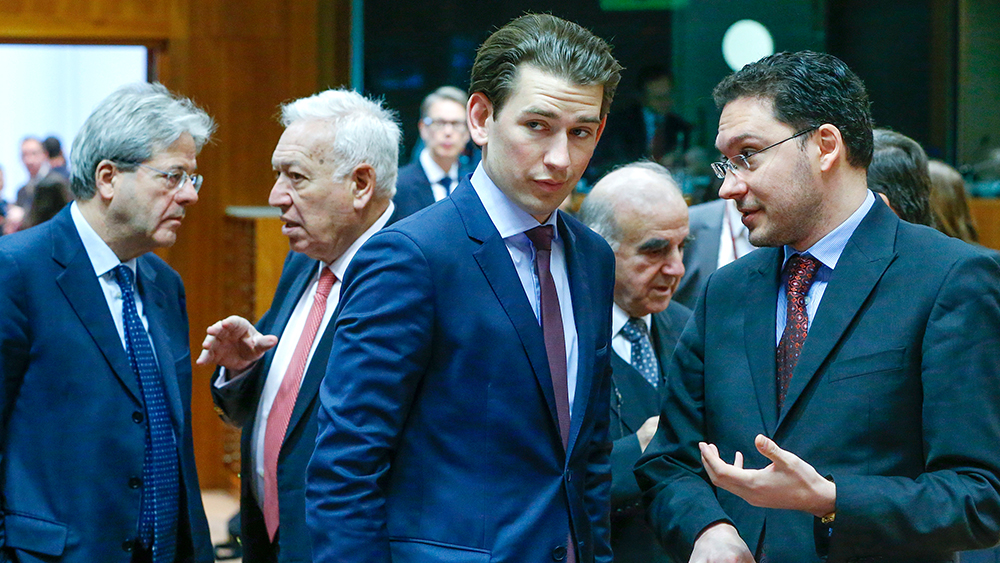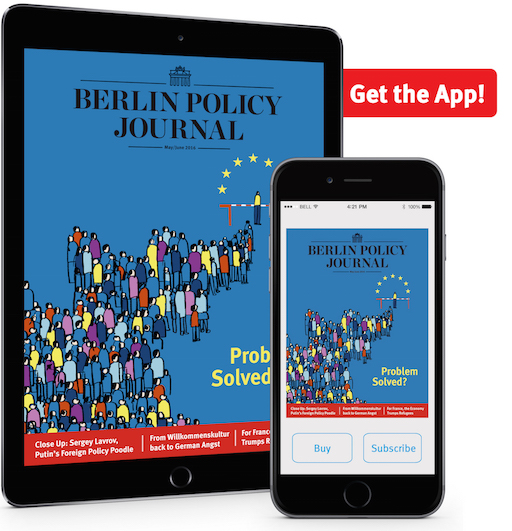It is time for the European Union to develop a “strategic capacity” to get ahead of events rather than be driven by them. Further integration will be necessary to achieve this.
Just a few years ago, academics were questioning the value of international relations research; a few even went as far as discussing its decline as an academic endeavor. My guess is that today these voices have been silenced by events and by the enormous challenges facing us. To a large extent, this “return of history” was inevitable and expected, even if we hoped that a corner had been turned and we had entered a new era of cooperation, multilateralism, and rules-based international order. In any case, history and geopolitics are back, and we have increasing challenges at our doorstep and within our European societies, Russia’s annexation of Crimea being just one example. But surely, if we find ourselves in a new situation, we need to look afresh at some key issues, policies, and approaches.
Let me focus on two matters. One has to do with the consequences of globalization on our European societies, culture, and identity. This is a vast topic but suffice it to say that, contrary to many ultra-liberal expectations of ever-growing individualization, more and more people are returning to their cultural roots and values. The so-called fluid individual has turned out to be an academic fiction. Security threats, increased migration, movement of people, rising numbers of refugees, etc., further invigorate this process. Citizens themselves are re-thinking the interaction between majorities and minorities. …
Read more in the Berlin Policy Journal App – May/June 2016 issue.








